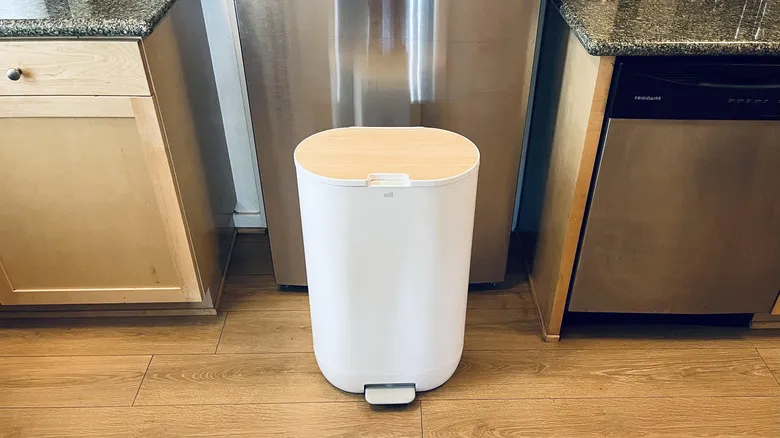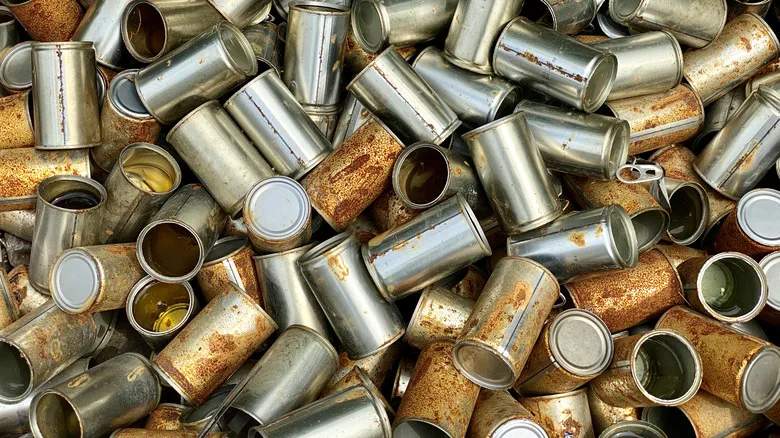Tips for safely storing canned goods

If you intend to store canned goods for an extended period, it's important to be aware that corrosion and rust can pose significant issues that some may overlook. Ideally, canned items should be kept in a dark, dry environment where moisture cannot reach them. This means avoiding storage near leaking pipes or in basements prone to flooding. Some individuals may find it more challenging to prevent damage due to their home's location, which may be exposed to high humidity or salty air. In such areas, canned goods are at a greater risk of rust and corrosion. If you live in such a region, it's crucial to inspect your canned goods regularly. While substances like paraffin wax and mineral oil are sometimes applied to mitigate rust in these conditions, they can often be more trouble than they're worth, and paraffin wax is highly flammable.
Another factor to consider is the temperature of the storage environment for your cans. Ideally, canned goods should be maintained at temperatures between 50 and 70 degrees Fahrenheit. Avoid storing them in places where they might freeze, as this can cause the cans to rupture due to expansion, or in areas with extreme heat, since temperatures above 75 degrees Fahrenheit can lead to nutrient degradation. The USDA also notes that temperatures exceeding 100 degrees can harm canned goods and heighten the risk of spoilage.
Additionally, pay attention to canned foods that are high in acidity, such as canned tomatoes, as these can corrode the can from the inside over time. It is advisable to consume these items within 18 months for optimal quality. Conversely, low-acid foods like canned meats can remain good for up to five years if they are kept undented, rust-free, and at a consistent temperature.
Recommended

Why Burrata Doesn't Last Very Long In The Fridge

The Game-Changing Trick For Bright Hummus Flavor Without Extra Lemon Juice

Review: The Mill Food Recycler Will Shrink Your Trash (And Your Bank Account)

The Extra Step That Gives Your Reheated Frozen Soup New Life
Next up

